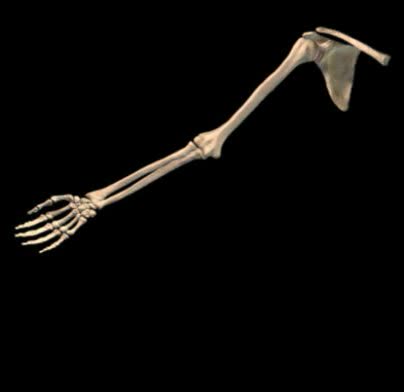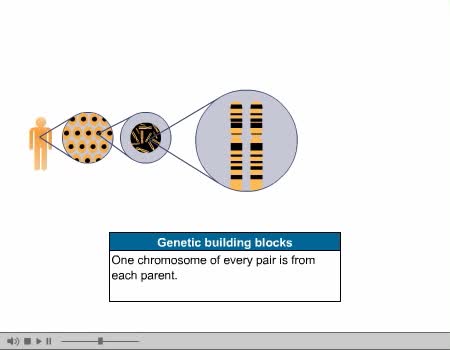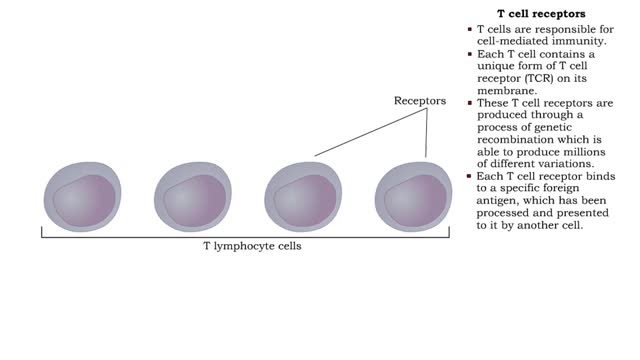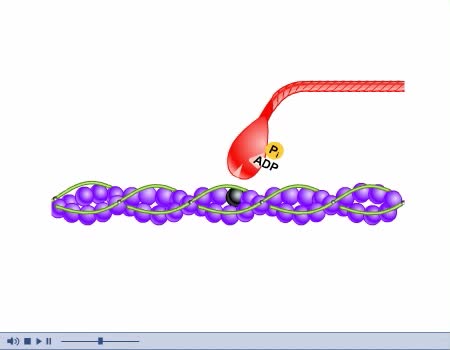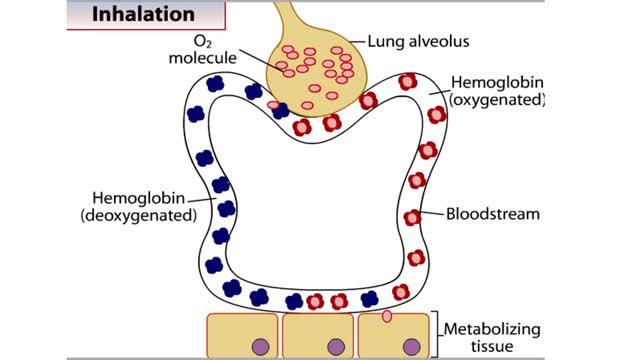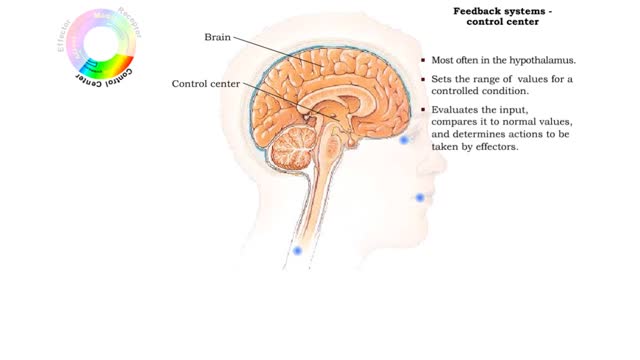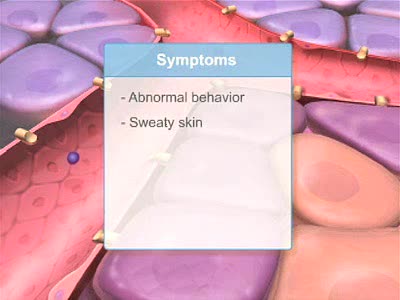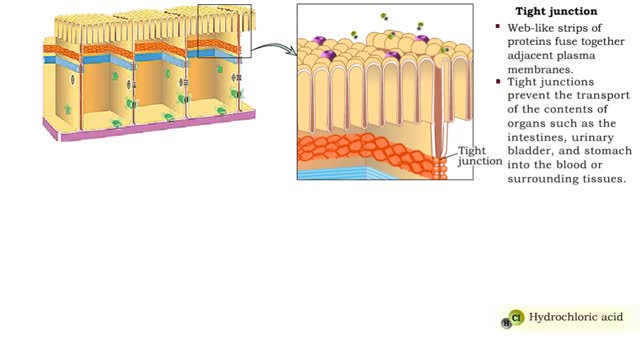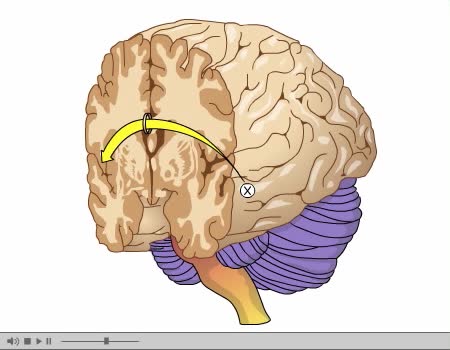Search Results
Results for: 'How do the different types of chromatography work?'
By: Administrator, Views: 10266
Types of body movement that occur at the diarthrotic joints: - Abduction - Adduction - Circumduction - Dorsiflexion Movement can occur in one plane, like with a knee bend, or in multiple planes such as with a shoulder roll. Adduction occurs when a joint moves a part of the body toward the ...
By: Administrator, Views: 10633
Genetics is a branch of biology concerned with the study of genes, genetic variation, and heredity in organisms. Gregor Mendel, a scientist and Augustinian friar, discovered genetics in the late 19th-century. Mendel studied "trait inheritance", patterns in the way traits are handed down from p...
By: HWC, Views: 7402
• T cells are responsible for cell-mediated immunity. • Each T cell contains a unique form of T cell receptor (TCR) on its membrane. • These T cell receptors are produced through a process of genetic recombination which is able to produce millions of different variations. • Each T ce...
Contraction and Relaxation Animation
By: Administrator, Views: 10631
Muscles are responsible for movement. The types of movement are: - Locomotion, when chemical energy is changed into mechanical energy. - Propulsion of substances through tubes, as in circulation and digestion. - Changes in the sizes of openings, as in the contraction and relaxation of the iris...
How Hemoglobin Picks Up and Delivers Oxygen
By: HWC, Views: 7027
All of the cells in our bodies require oxygen (02) for survival and must release carbon dioxide (CO2) as a waste product. The respiratory and circulatory systems work together as delivery systems for these gases. The lungs exchange these gases between the environment and the bloodstream. The bloo...
Component of feedback systems & Communication and regulation of body systems
By: HWC, Views: 7846
• Primary responsibility for communication and regulation in the body is shared by the nervous and endocrine systems. • The two systems work alone or together in specialized physiological processes called feedback systems to maintain homeostasis. • Feedback systems - or loops - are ...
By: Administrator, Views: 11824
The islets of Langerhans are composed of three major types of cells: Alpha cells secrete glucagon, elevating blood sugar. Beta cells secrete insulin, maintaining normal blood sugar. Delta cells secrete somatostatin, which suppresses release of glucagon and insulin. Hyposecretion or inadequa...
Junction Types - Tight and Adherens Junctions
By: HWC, Views: 8024
Many tissues contain in tercellular junctions between cells. 1. Tight junction 2. Adherens junction 3. Desmosome 4. Hemidesrnosome 5. Gap junction 1. Tight junction • Web-like strips of proteins fuse together adjacent plasma membranes. • Tight junctions prevent the transport...
Studying the Left and Right Brain Independently
By: Administrator, Views: 10976
A seizure, technically known as an epileptic seizure, is a period of symptoms due to abnormally excessive or synchronous neuronal activity in the brain. Outward effects vary from uncontrolled shaking movements involving much of the body with loss of consciousness (tonic-clonic seizure), to shakin...
Advertisement



